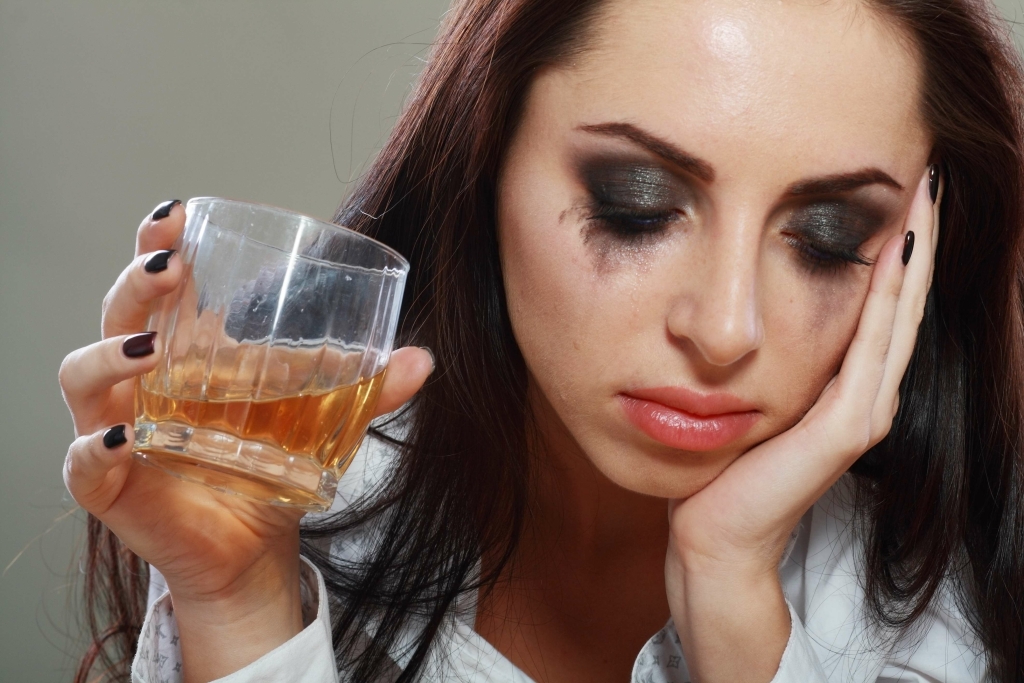Saying no to that first drink can mean avoiding relapsing on years of sobriety and recovery from alcoholism. Another leading cause of addiction in the first place, and relapse after long-term sobriety is bad company. If an adult shares in the company of habitable drinkers, they might encourage the person to have one drink here and there. If a person works in such an environment where alcohol is common it could give them cravings even if they have been sober for a long time. Family members and close friends should look for the warning signs of harmful company and help avoid the risk of relapse. Experts say that due to these differences, neuronic signals may not work as well as normal brain reward signals that stimulate certain physiological processes such as stress and mood.
Rejecting Support
“Now when people aren’t performing, I communicate with them, like ‘Hey, this isn’t really working.’ Some people still don’t get it. But when I was not sober, I was like, ‘It’s fine, they’ll figure it out. Learn that you have choices and that you can maintain control.
What Happens When a Recovering Alcoholic Starts Drinking Again

The challenge of this stage is to essentially develop and maintain healthy life skills that will serve you for a lifetime. An exciting part of this period is that it can lead you to a happier life full of welcomed change and constant improvement. The term harm reduction is becoming more accepted in the world of recovery. Harm reduction usually implies that you still desire sobriety; however, you seek it in a different fashion.
Risk Factors for Relapse
It’s also opened me up to new, closer relationships that are built on much sturdier foundations. There are people with whom I was very close over the years who are now just faces on social media that I interact with maybe a few times Top 5 Advantages of Staying in a Sober Living House a year. It’s just what it is and in no way a value judgment on me or them. There is a difference between apologizing and making amends for the things you did when you were drinking and forcing yourself back into someone’s life.
The 3 Stages of Relapse
But what happens if, after being sober, someone starts drinking again? An alcohol relapse means you go back to drinking regularly after having a period of sobriety without the use of alcohol. A person who misuses alcohol will feel like they are not able to function in their daily life without the use of alcohol. This is due to the changes in their brain chemistry due to their drinking. As with other chronic diseases, alcohol use disorder has treatment options and can be managed. You may find—besides stopping alcohol consumption—other negative behaviors and feelings still exist because they have not been addressed in a healthy way.
Family Therapy Sessions
A sponsor or other member of a support group may notice that their friend has made excuses for not attending meetings. The 12-step programs emphasize the importance of showing up, being present, and holding one another accountable. https://thecaliforniadigest.com/top-5-advantages-of-staying-in-a-sober-living-house/ A member of the person’s Alcoholics Anonymous (A.A.) group may notice that he or she has begun to isolate themselves. Members will check up on each other to ensure that they have not started drinking again.
- One of the good things is that a person has already started their recovery journey hence, recovering from a relapse will not be like starting from scratch.
- Maybe that’s because I’m older and wiser, or maybe I’ve simply outgrown the more menacing aspects of the demons that chased me to drink in my younger years.
- In fact, experts consider relapses part of the recovery process.
- However, the word is often used in different ways in different contexts.

To avoid relapse and remain sober, it’s important to develop healthy relationships. Some definitions of sobriety call for complete lifelong abstinence while others focus on developing coping mechanisms that can reduce harm with the understanding that setbacks are common. This article discusses what sobriety means and describes strategies that can support your long-term recovery. It also covers tips on how to deal with the challenges you’ll face on your journey to sobriety. Daily drinking can have serious consequences for a person’s health, both in the short- and long-term.
Alcohol floods the drinker’s system and is not tolerated the same way it used to be, intensifying the effects. This results in the individual getting drunker faster. If the recently sober individual drinks the way that they used to, then they may blackout or encounter other dangers. This difference in tolerance is one of the highest risk factors for those who drink after being sober.












